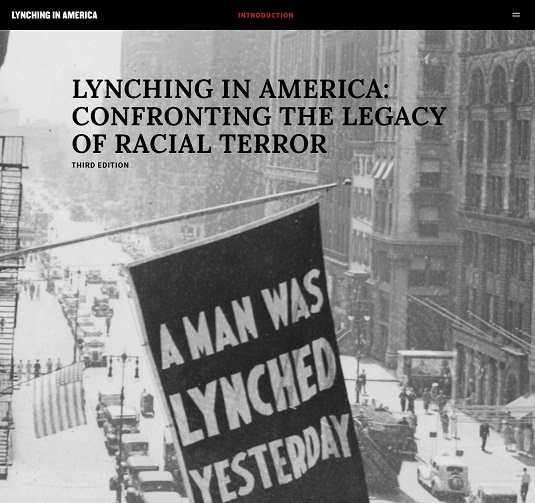Anybody who loves 18th century literature has heard of Project Gutenberg and similar online methods of obtaining books which no longer have a copyright, but when we browse these websites, it is often easier to find books with racist commentary or ideologies than to source books by authors of color. Today I have a few sources to help you.
The list Black Writers in the Public Domain has a variety of genres available mostly through Gutenberg, but also from some other Public Domain sites.
The same website also has a review of a novel called The Conjure Woman, which is set in the antebellum South and was written by a black journalist.
There are two bookshelves available on Project Gutenberg. One is African-American Writers, and the other (which has some overlap) is the Slavery bookshelf. The Slavery bookshelf has some international writers, but is mainly about African-American slavery, which means it includes abolitionist writings by white authors.
Following this rabbit hole eventually brought me to The Antislavery Literature Project, which is all about trying to source original texts about the American antislavery movement from a variety of public domain sources and link them in their database. This includes writings by white abolitionists as well as trying to source a variety of early writings by authors of color. Their website is helpful for finding items from smaller digitization projects and gives a brief synopsis of each work.
If you’d like to do a unit on poetry by black authors, poets.org is a great starting place. They have biographies, essays on, and at least one or two poems by everyone from well-known poets like Langston Hughes and Maya Angelou to comparatively newer poets like Claudia Rankine.
This website is full of sources for teachers, including recommended poems for Martin Luther King Jr. Day, Black History Month and other occasions, searchable by poetic form. Get even more in-depth for Black History Month with this part of the site that includes poems, essays, and original source documents. There are also areas for movements like the Harlem Renaissance. I’ve only covered the African-American areas, but this site is pretty good about including poets from a variety of traditions and ethnic backgrounds; if you’re interested in poetry, it’s definitely worth a look!
Oh, and for a starter, here’s an anthology of poems, The African American Experience. I’m reading this and a nonfiction book from the first list electronically and enjoying both.
Further Update March 2022: Updated to fix broken links and remove those that no longer exist, as this post still seems to be popular.
Update October 2019: Since this post has recently been getting a lot of attention from search engines, I’ll also mention that if you’re interested in freely available works, check out my freebies tag, which has all of the free online books that I’ve read and reviewed so far. I typically only review ebooks that are available as a free download or can be freely and legally read online in my home country (USA).
If you know of a site or have a link to your own freely available or public domain work, I might be interested. Please do not contact me asking me to create ebooks from published works I have reviewed on this blog. I respect copyright and will not respond to those requests.





